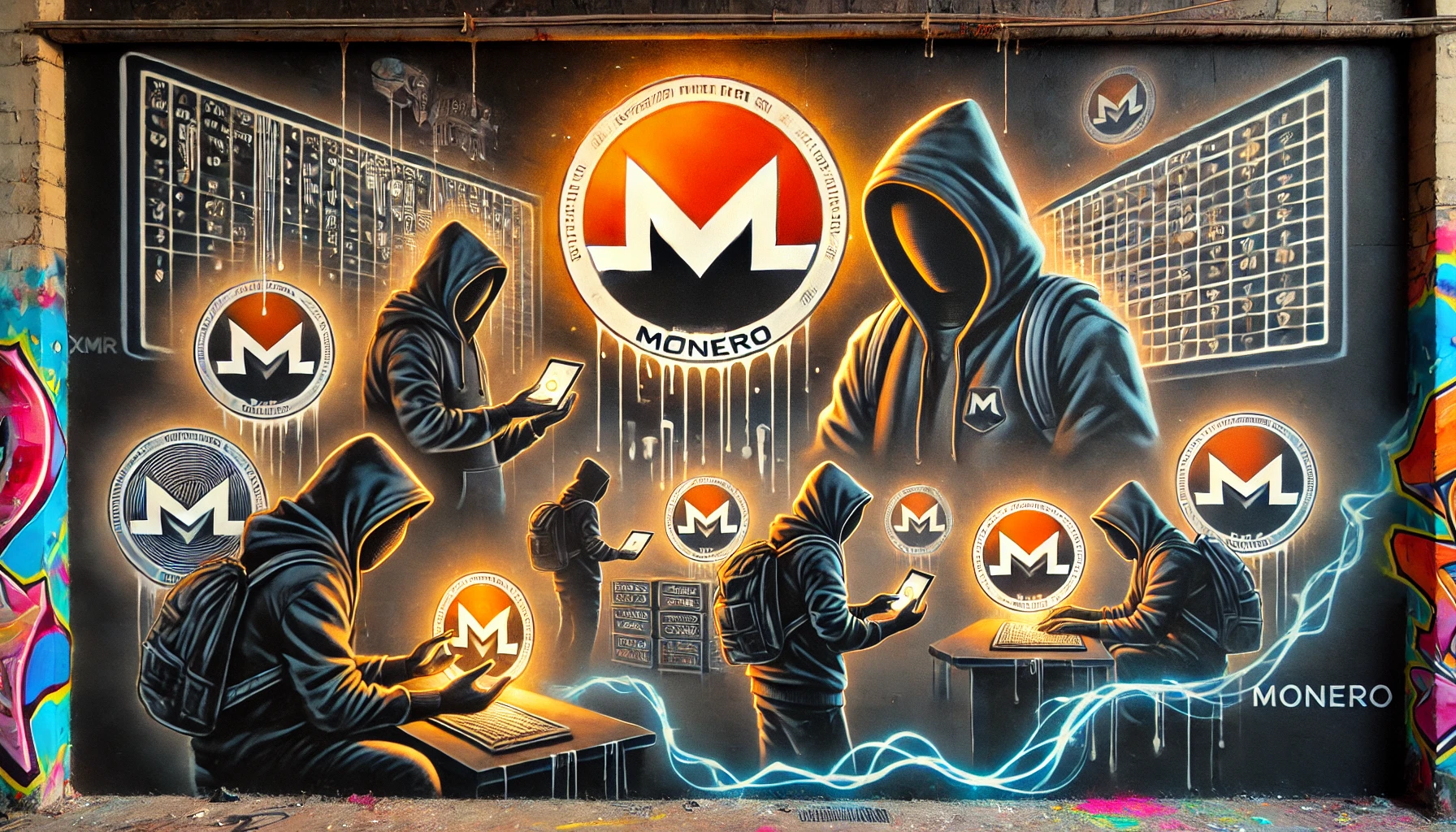The later assault on Dogecoin, which come about within the shutdown of 69% of its hubs, has sent swells through the cryptocurrency community. As Bitcoin maximalists, it’s fundamental to dismember what happened, get it the suggestions, and reflect on why Bitcoin remains the gold standard within the unstable world of computerized monetary forms.
The Occurrence
On December 12, 2024, the Dogecoin network suffered a carefully orchestrated attack that exploited a vulnerability known as DogeReaper. This flaw allowed Andreas Kohl, co-founder of the Bitcoin sidechain Sequentia, to remotely disable Dogecoin nodes using a simple ThinkPad laptop from El Salvador. The attacker leveraged this weakness to take down a significant portion of the Dogecoin network, reducing its operational nodes from 647 to 315.
Understanding DogeReaper
DogeReaper is a critical vulnerability that exploits a segmentation fault—an error that occurs when a program attempts to access restricted memory, forcing the system to halt the offending process to prevent further damage. This flaw enabled attackers to remotely crash Dogecoin nodes. Security researcher Tobias Ruck publicly disclosed the vulnerability on December 4, 2024, giving attackers a brief window to exploit the flaw before most node operators could patch their systems.
Impact on Dogecoin
The immediate effect of the attack was a dramatic reduction in the number of active nodes on the Dogecoin network. Although some nodes have since come back online, the network’s resilience has been called into question. This incident highlights a critical issue in the world of altcoins: the reliance on decentralized networks that are often less secure and robust than Bitcoin.
The Bitcoin Perspective
Bitcoiners have long maintained that Bitcoin’s robust security model and decentralized structure make it the superior choice for digital currency. The Dogecoin incident serves as a stark reminder of why Bitcoin’s rigorous approach to security and decentralization is essential. Bitcoin’s development community prioritizes thorough testing and security audits, ensuring vulnerabilities are promptly addressed and patched.
Lessons Learned
The Dogecoin attack underscores several important lessons for the crypto community:
- Security is Essential:
This incident illustrates the importance of maintaining a secure network. All cryptocurrencies must prioritize security upgrades to ensure their systems are resilient against potential attacks. - Timely Updates:
Node operators must adopt security patches promptly. In Dogecoin’s case, the delay in updating nodes allowed attackers to exploit the vulnerability effectively. - Community Vigilance:
The crypto community must remain vigilant and proactive in identifying and addressing security flaws. Public disclosures of vulnerabilities should prompt immediate action to safeguard the network.
The Importance of Decentralization
Dogecoin’s reliance on a smaller network of nodes compared to Bitcoin exacerbates its vulnerability. Bitcoin’s vast and diverse network of nodes adds a layer of security that is difficult to compromise. This decentralization is a cornerstone of Bitcoin’s strength, making it less susceptible to attacks that can cripple altcoin networks like Dogecoin.
Response and Future Implications
Following the attack, Dogecoin’s developers and community members worked swiftly to patch the vulnerability and restore the network. However, this incident serves as a cautionary tale for the future. It underscores the need for continuous vigilance, regular security audits, and a steadfast commitment to decentralization to ensure the long-term stability and security of cryptocurrency networks.











